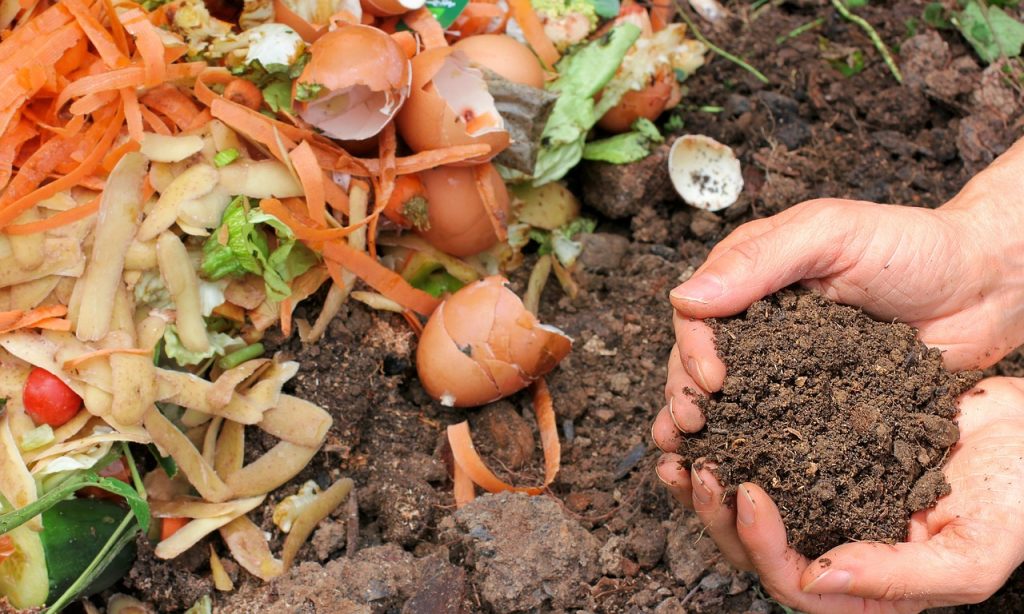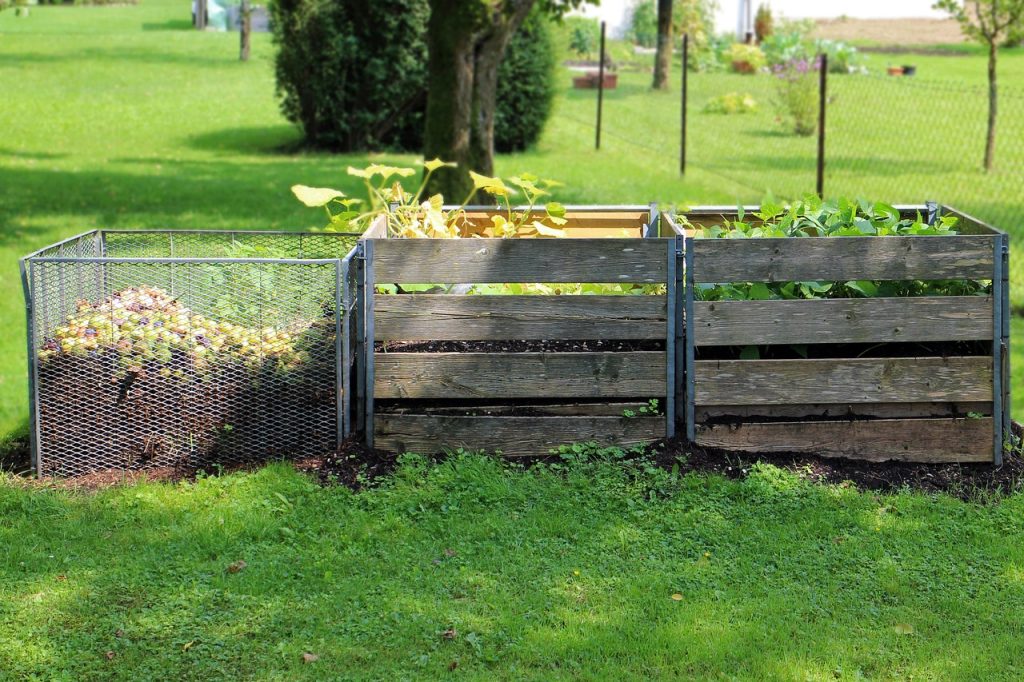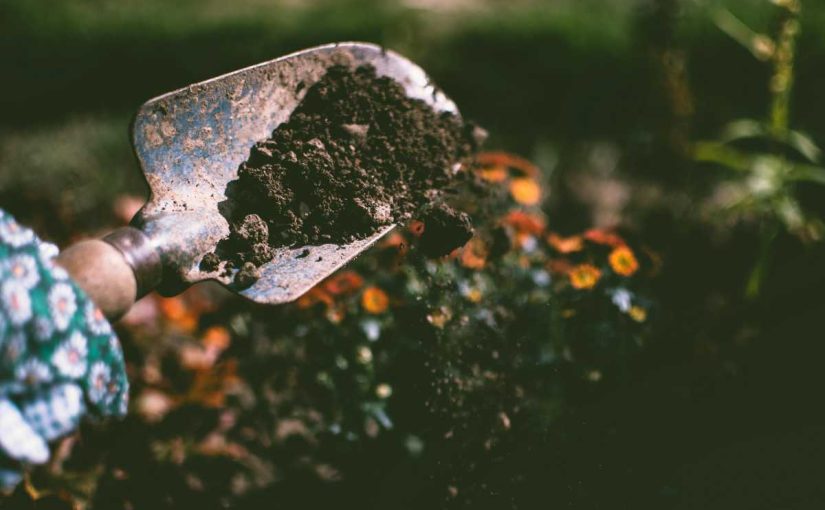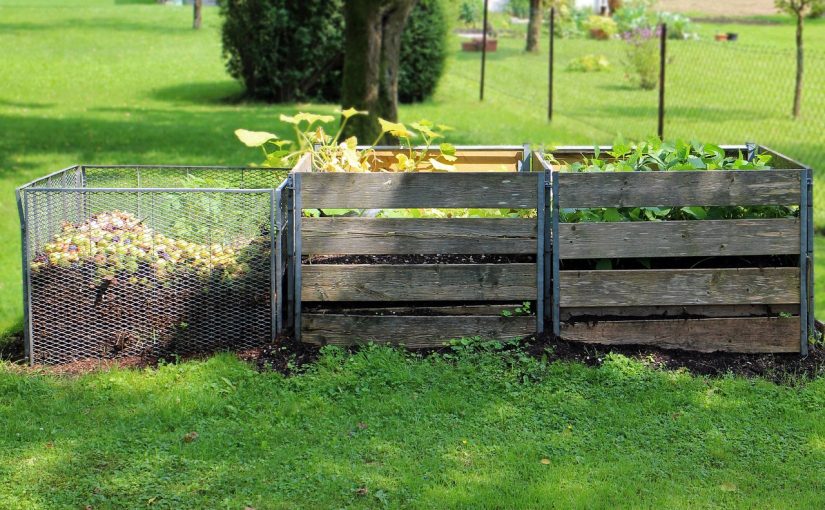How Compost Enriches Soil Health: From Waste to Gold
Composting is often referred to as turning “waste into gold,” and for good reason. It’s a process that transforms organic waste—like food scraps, yard trimmings, and plant materials—into rich, dark compost that greatly benefits the soil. This transformation doesn’t just reduce waste, it also promotes healthier, more fertile soil, making it an essential practice for gardeners, farmers, and anyone looking to improve their soil’s health naturally.
Compost is often called “black gold” by gardeners due to its ability to enhance soil structure, improve nutrient availability, and support plant growth. Understanding how compost works and the ways in which it enriches soil health is essential to appreciating its importance in sustainable agriculture and gardening.
What is Compost?
Compost is the product of the decomposition of organic materials through the action of microorganisms like bacteria, fungi, and earthworms. It is a rich, dark, and crumbly substance that serves as an excellent soil amendment. Compost provides vital nutrients and organic matter to the soil, enriching it in several important ways.
Unlike chemical fertilizers, compost is a natural, holistic soil treatment that improves soil in a sustainable and eco-friendly way. Instead of relying on synthetic chemicals, compost uses naturally occurring processes to enhance the soil’s fertility and structure.
How Compost Enriches Soil Health
Compost contributes to soil health in many significant ways. Here’s how it turns your soil into a nutrient-rich, living environment that promotes healthy plant growth:
1. Improves Soil Structure
Soil structure refers to the way soil particles are arranged, which affects its ability to hold air, water, and nutrients. Healthy soil has good structure, allowing for better root penetration and root growth.
Compost helps improve soil structure by binding soil particles together into aggregates. These aggregates improve soil aeration, making it easier for roots to access oxygen. In heavy clay soils, compost helps break up compacted areas, making the soil more porous and better able to absorb water. In sandy soils, compost helps bind the particles together, increasing the soil’s water retention capacity. By improving the texture and structure of the soil, compost creates an environment where plant roots can grow deep and strong.
2. Enhances Soil Fertility
Soil fertility refers to the ability of the soil to supply essential nutrients to plants. Compost is a natural, nutrient-dense material that significantly boosts the nutrient content of the soil. It is rich in macronutrients like nitrogen, phosphorus, and potassium, as well as micronutrients like iron, magnesium, and zinc. These nutrients are essential for plant growth and are gradually released into the soil over time as the compost continues to break down.
Unlike chemical fertilizers that provide nutrients quickly but can deplete the soil over time, compost releases nutrients slowly, providing a steady supply that plants can access as they need them. This ensures that plants have a constant supply of nutrition throughout their growing season, leading to healthier plants and improved crop yields.
3. Increases Moisture Retention
One of the biggest challenges for gardeners and farmers is ensuring that their soil retains adequate moisture for plant growth. Compost helps improve soil’s ability to retain water by increasing the organic matter content in the soil.
In sandy soils, compost helps absorb and retain moisture, preventing the soil from drying out too quickly. In clayey soils, compost helps improve drainage, reducing the risk of waterlogging. Overall, compost creates a more balanced soil environment, where water is held and made available to plants in a slow, consistent manner. This is particularly beneficial in drought-prone areas or for gardeners who want to conserve water.
4. Promotes Beneficial Microorganisms
Healthy soil is alive with beneficial microorganisms such as bacteria, fungi, and earthworms, which play a crucial role in breaking down organic matter and releasing nutrients. Compost serves as a food source for these beneficial microorganisms, promoting a thriving ecosystem in the soil.
The addition of compost helps increase microbial diversity, which in turn boosts the soil’s natural fertility and disease resistance. These microorganisms break down organic matter into simple compounds that plants can easily absorb, while also helping to suppress harmful pathogens and weeds. This biological activity in the soil contributes to its overall health and sustainability.

5. Reduces Soil Erosion
Soil erosion is the process by which soil is worn away by wind, water, or human activity. Compost can help prevent soil erosion by improving soil structure and promoting healthy plant root systems.
The organic matter in compost helps bind soil particles together, creating a stable structure that resists erosion. Additionally, compost adds bulk to the soil, which helps increase its water-holding capacity, reducing the risk of erosion caused by heavy rains. Strong plant roots also help anchor the soil in place, preventing the loss of valuable topsoil.
6. Buffers pH Levels
The pH of the soil plays a vital role in determining which nutrients are available to plants. Soils that are too acidic or too alkaline can hinder plant growth by making it difficult for plants to absorb essential nutrients.
Compost acts as a pH buffer, helping to maintain a more neutral pH level in the soil. This is especially useful in areas where the soil is naturally very acidic or alkaline. By balancing the pH, compost ensures that plants can absorb a wider range of nutrients, promoting healthier growth and better yields.
7. Reduces the Need for Chemical Fertilizers
When you add compost to your soil, you naturally reduce your reliance on chemical fertilizers. Chemical fertilizers provide nutrients to plants quickly but can have long-term negative effects on soil health. Over time, they can lead to nutrient imbalances, soil degradation, and contamination of water sources.
Compost, on the other hand, is a slow-release, sustainable source of nutrients that improves soil health over time. It not only provides essential nutrients but also helps build up the soil’s organic matter, which improves its structure and water retention. By reducing the need for chemical fertilizers, compost supports a healthier, more balanced soil ecosystem.
Compost and Sustainable Gardening
Composting is a cornerstone of sustainable gardening. By recycling organic waste and turning it into nutrient-rich compost, you’re not only improving soil health but also reducing waste that would otherwise end up in landfills. Composting contributes to a closed-loop system, where organic material is continuously reused, enriching the environment rather than depleting it.
In addition to improving soil fertility and structure, compost helps reduce greenhouse gas emissions by diverting organic waste from landfills, where it would otherwise release methane gas. Composting is a natural, eco-friendly way to nurture your plants and support the environment at the same time.
How to Use Compost in Your Garden
To reap the benefits of compost, it’s essential to know how to apply it properly in your garden:
- Top Dressing: Spread a thin layer of compost over the surface of your soil and gently rake it in. This method is excellent for adding organic matter and nutrients to the top layer of soil.
- Soil Amendment: Mix compost directly into the soil when preparing a new garden bed or when planting new plants. It’s particularly helpful for improving the texture and fertility of heavy clay or sandy soils.
- Compost Tea: For a liquid fertilizer, steep compost in water to create “compost tea.” This can be used to water your plants, providing them with a quick nutrient boost.
- Mulching: Use compost as mulch around plants and vegetables. A layer of compost mulch helps conserve moisture, suppress weeds, and slowly release nutrients into the soil.
Conclusion
Composting is a simple yet powerful way to improve soil health and contribute to sustainable gardening practices. By turning organic waste into nutrient-rich compost, you can enhance your soil’s structure, fertility, and moisture retention while supporting the growth of healthy, thriving plants. Composting not only reduces waste but also provides a sustainable alternative to chemical fertilizers, making it an essential practice for environmentally conscious gardeners and farmers. With compost, what was once considered waste becomes valuable “gold” for your garden—rich in nutrients and full of life.




